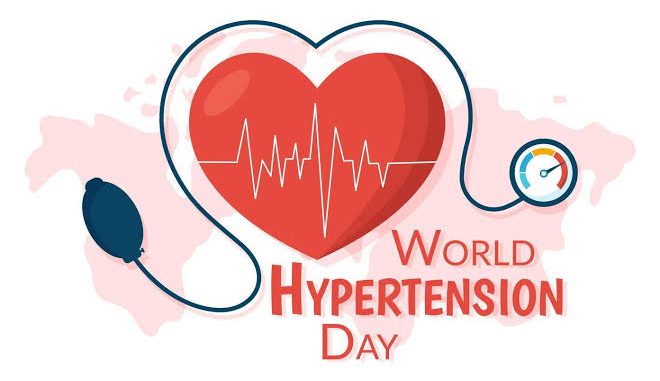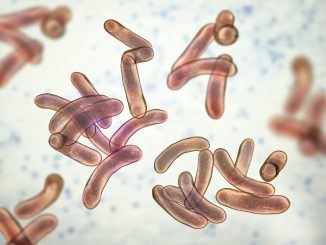
Understanding Hypertension and How to Manage It | World Hypertension Day – May 17
Today, on World Hypertension Day, we’re reminded of the importance of taking control of our heart health. Often called the “silent killer,” hypertension (high blood pressure) can go unnoticed for years while quietly increasing the risk of heart attacks, strokes, and kidney disease.
What causes high blood pressure?
Hypertension can develop for a variety of reasons. Some people are genetically predisposed, especially those with a family history or from Afro-Caribbean backgrounds. However, lifestyle factors play a major role in its development, including:
High salt intake, which leads to fluid retention and increased blood pressure
Obesity
Smoking
Excessive alcohol consumption
Lack of physical activity
High caffeine consumption
The good news is that many of these risks are manageable. Making everyday changes—like adding gentle exercise to your routine, eating more balanced meals, quitting smoking, and keeping a healthy weight—can significantly lower your blood pressure.
In some cases, high blood pressure is linked to other health conditions such as diabetes or kidney disease. This is known as secondary hypertension, and managing the underlying illness is key.
How is hypertension treated?
Because lifestyle changes can be so effective, they are usually the first step in treatment. However, if blood pressure remains high or there’s an elevated risk of heart attack or stroke, medications may be prescribed, such as:
High blood pressure (hypertension) can be effectively treated and managed through a combination of lifestyle changes and, when necessary, medication. Here’s how:
1. Lifestyle Changes
These are often the first and most important steps:
Reduce salt intake: Excess salt causes fluid retention, which raises blood pressure. Aim for less than 6g (about 1 teaspoon) per day.
Eat a balanced diet: Focus on fruits, vegetables, whole grains, and low-fat dairy. The DASH (Dietary Approaches to Stop Hypertension) diet is especially effective.
Exercise regularly: Even moderate activity like brisk walking for 30 minutes a day can help.
Maintain a healthy weight: Losing even a small amount of weight can significantly lower blood pressure.
Limit alcohol: Keep intake within recommended limits—no more than 14 units per week.
Quit smoking: Smoking damages your blood vessels and raises your blood pressure.
Cut back on caffeine: Especially if you’re sensitive to its effects.
Manage stress: Through relaxation techniques, sleep, hobbies, or professional support.
2. Medications
If lifestyle changes alone aren’t enough or if blood pressure is very high, doctors may prescribe one or more of the following:
ACE inhibitors (e.g. enalapril, ramipril): Relax blood vessels by blocking a hormone that narrows them.
Calcium channel blockers (e.g. amlodipine): Prevent calcium from tightening blood vessels.
Diuretics: Help the body remove excess salt and water.
Beta-blockers: Reduce heart rate and output of blood.
Angiotensin II receptor blockers (ARBs): Similar to ACE inhibitors, but work through a different mechanism
3. Treat Underlying Causes
If high blood pressure is secondary (caused by another condition like kidney disease or diabetes), treating the root condition is essential to managing hypertension.
4. Regular Monitoring
Keeping track of your blood pressure at home or through regular GP visits helps ensure treatments are working and adjustments are made when needed.
For those with secondary hypertension, treatment involves addressing the root condition alongside blood pressure control.
What should I do now?
World Hypertension Day is the perfect time to get your blood pressure checked. You can do this at your GP surgery, many local pharmacies, or through an NHS Health Check if you’re between 40 and 74. (As of May 2025, these services are fully operational following earlier pandemic disruptions.)
Emma McCheyne, a solicitor in the clinical negligence team at Penningtons Manches Cooper, shares a timely reminder:
> “More people than ever are taking an active interest in their health. While the COVID-19 crisis made us all more aware of visible threats, conditions like hypertension remain a silent but serious danger. Long periods of inactivity, stress, and poor diet can all raise your risk. But by staying active, eating well, and managing stress, we can take real steps to protect our long-term health.”
This World Hypertension Day, take a moment to check your blood pressure and reflect on the simple changes that could protect your heart for years to come.





Be the first to comment